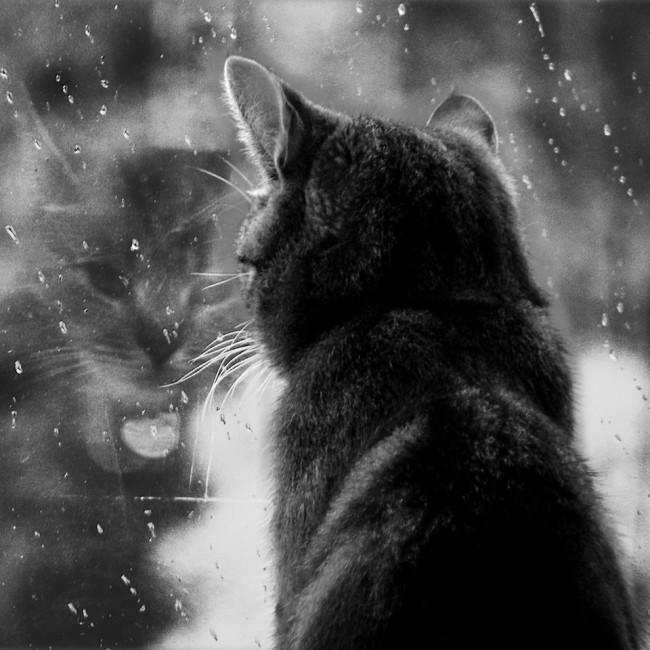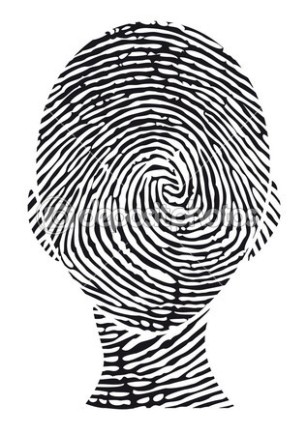 That title is half snarky/sarcastic, half genuinely (albeit tentatively) enthused. Why? Because Canada’s healthcare system has a standard mental health program that means you have to slog through quite a bit of aggravating standardized b.s. to get to the “real” treatment: namely, 8 weeks of basic emotion regulation skills (group format), followed by months of DBT (group) until you finally get to see an individual therapist – yes, one of your very own – for 45 minutes per week to help with the DBT skills.
That title is half snarky/sarcastic, half genuinely (albeit tentatively) enthused. Why? Because Canada’s healthcare system has a standard mental health program that means you have to slog through quite a bit of aggravating standardized b.s. to get to the “real” treatment: namely, 8 weeks of basic emotion regulation skills (group format), followed by months of DBT (group) until you finally get to see an individual therapist – yes, one of your very own – for 45 minutes per week to help with the DBT skills.
***Side note: for anyone who doesn’t know what Dialectical Behaviour Therapy (DBT) is, it’s a form of psychotherapy developed specifically for BPD, and therefore a standard ‘prescription’ for the disorder. The program was developed by Marsha Linehan, a woman with severe BPD who engaged in self-harm and numerous suicide attempts for years before pursuing psychology and spiritual exploration (and the combination of the two) as a way to combat the disorder in herself and in others. I am a pretty big believer in DBT (and I haven’t even gone that far in it yet), mostly because it bloody works. If you are suffering from BPD (or know someone who is) please give DBT serious consideration: find a therapist in your area who has years of experience with it, and a track record of using it to successfully treat borderlines. There will be a LOT of posting on/about DBT in this blog, especially as I’d like to share many of the techniques it has taught me.***
So yes, I’d sat through the 8-week intro on regulating emotions (not that helpful but it laid the groundwork I guess), and then through another few months of DBT group sessions which mainly involved extremely patronizing discussions of how to “shoo away bad feelings” and “focus on the positive” (thank you, Captain Obvious!), and today was my first meeting with my individual DBT therapist.
She was an extremely nice lady – but much more excitingly/importantly, she was an extremely qualified lady. She asked me for my basic history in terms of mental health treatment. I told her. It included many standard reactions that borderlines can get from medical professionals – i.e., “Oh WOW, you’re fucked up! I have no idea what to do with you, and now that we’ve gotten into all your issues just enough to really upset you, I recommend that you go see *insert name of some other doctor with no specialty in BPD*”
So get this: my new therapist lady actually validated these experiences. That right there floored me. It was such a short statement, and such a simple thing, but just her saying that I was right to feel wounded by those reactions was a big thumbs-up in my head. “Opening up for help is hard enough for borderlines,” she said. “Opening up for help and not getting that help from supposed professionals? That’s medical trauma.”
I’m trying really really hard not to feel too invested/hopeful about all this since, well, you know how that often turns out when you’ve got BPD (when most people get their hopes dashed they can get irritated or upset; when borderlines get their hopes dashed they can get, um, insane or suicidal). But at the same time, acknowledging a positive feeling like hope is important when your brain’s pathways are very well worn in negative directions, but hardly broken in at all on the positive side.
Part of the armour BPD pads us with is supremely negative thinking: if I expect the absolute worst, I can’t be hurt or disappointed (Yay, look at me in my incredibly cozy bubble-wrap of misery and low expectations!). This is an incredibly dumb line of reasoning for a few reasons: 1) It doesn’t work. How many times have you told yourself this, yet STILL felt hurt/disappointed (and then angry at yourself for feeling what you swore you wouldn’t feel)? 2) Countless studies have shown that thoughts form reality in a very concrete way; predict the worst possible outcome, and you stand a much better chance of getting the worst possible outcome. 3) It reenforces an existing pattern in your mind to lean towards seeing the negative rather than the positive in any situation = extra badness for yourself. 4) It reenforces the idea that anyone who IS working to be positive or improve is a stupid, delusional chump – when in reality, anyone who’s tried it knows that clinging to the fleeting positive moments in this life is a task of truly heroic effort and badass determination (at least it is when you’re coming at it from the total opposite direction).
So yep. The situation seems a little bit brighter at the moment: feels weird to say that. And I’m actively acknowledging the resistance to positivity, the fact that it feels weird to say that. One of my (many) past therapists said something really helpful when I was berating my terrible coping skills: “Maybe they are terrible, but you learned them for a reason. Honour them for that reason. They got you through what you need to get through at that time, but they’re not working anymore and they’re actually just hurting you.” For that reason alone, BPD therapists will differ from most therapists: they should never EVER be telling you to “tear down the walls” or “just let it all out” – that kind of thing works for some people, but not for us. The walls and boundaries and negative coping skills we have were developed for a reason, and they need to be taken down slowly or the only result will be a total meltdown.
Take one positive moment today to embrace whatever makes it positive. Acknowledge thoughts like “God I’m pathetic” or “Why am I fucking doing this?” Then picture yourself giving those thoughts a giant middle finger (or mooning… I prefer mooning, personally, it’s somehow more satisfyingly defiant) because you’re not giving into them yet again. This moment, and whatever makes it positive, is for you to enjoy because, come on now, you deserve to enjoy at least one moment of your time on this earth – doesn’t everyone?
Cat xx



